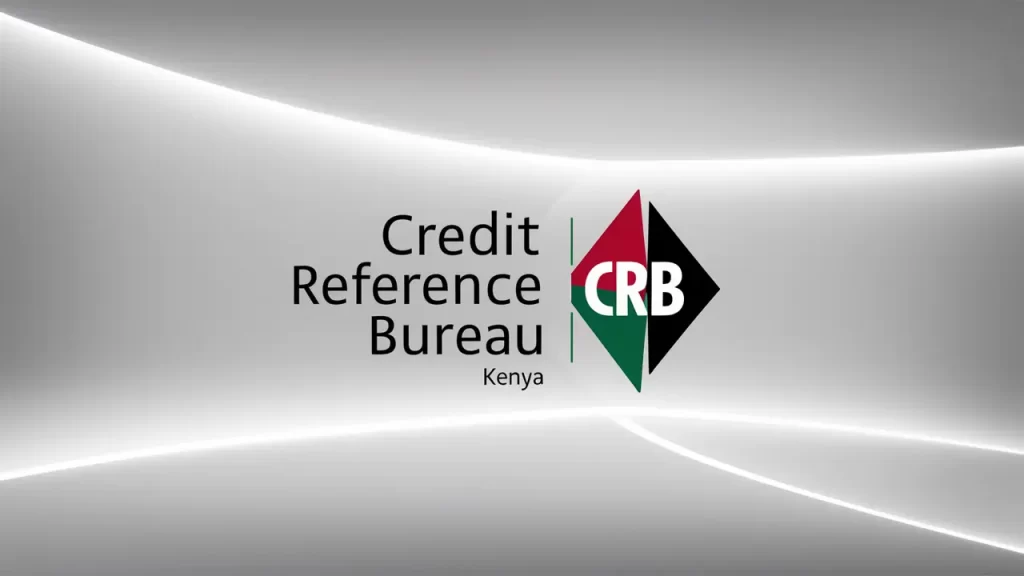
Credit Reference Bureaus in Kenya are central to how lenders assess and manage risk. Regulated by the Central Bank of Kenya (CBK) under the Banking (Credit Reference Bureau) Regulations, 2020, there are three licensed CRBs in Kenya: TransUnion Africa (formerly CRB Africa), Metropol CRB, and Creditinfo CRB. These agencies collect borrower data, process it, and share it with financial institutions to support lending decisions and reduce non-performing loans (NPLs), which stood at 14.7% in the second quarter of 2022.
How Credit Bureaus Collect Borrower Data
Credit bureaus collect data from Kenyans through a network of authorized data providers. These include commercial banks, microfinance banks (MFIs), Savings and Credit Cooperatives (SACCOs), and licensed digital credit providers. Unregulated digital lenders were barred from submitting data in 2020 due to concerns about misuse.
Under the current framework, negative credit information must be submitted when loans are overdue by 90 days for banks or 30 days for mobile lenders. Submitting data on performing loans (PLs) is voluntary but requires borrower consent during the loan application process.
Data submission follows standards outlined in the Kenya Bankers Association’s Data Standards Manual and must be completed monthly by the 10th of the following month. The data covers 12 domains:
- Personal identifiers (such as national ID, PIN, address, and employment details)
- Account details (loan type, original amount, repayment history, overdue balances)
- Guarantor profiles
- Bounced cheques
- Credit applications
- Collateral registers
- Fraud incidents
Each upload is assigned a unique tracking code for monitoring. Payments are updated daily and processed within 2–3 days, while CRBs finalize monthly uploads by the 15th. Sensitive information such as political affiliations, medical records, or religious beliefs is strictly prohibited to safeguard borrower privacy.
Borrower credit profiles are built from up to 31 fields, including surname, date of birth, income bracket, and other identifiers that support credit scoring models based on the “5 Cs of Credit” ( Character, Capacity, Capital, Collateral, and Conditions). Defaults below Ksh 1,000 are excluded to prevent penalizing minor lapses. Borrowers receive a 30-day notice before being negatively listed, giving them time to make repayment arrangements.
The introduction of CIS ValiData in 2020 has automated the validation and submission of data, improving accuracy and compliance among institutions. This has expanded credit coverage in Kenya, with penetration rising from 4.7% of adults in 2013 to 36.4% in 2019.
How Credit Bureaus Use Borrower Data
Credit bureaus use borrower data to generate credit reports, credit scores, and Certificates of Clearance (CoCs). These reports are shared with lenders and other authorized entities for credit assessment, risk-based pricing, and portfolio management.
Credit scores in Kenya typically range between 250 and 900. A score closer to 250 signals very high lending risk, while scores above 800 indicate low risk. Lenders use this information to set interest rates, determine loan limits, or decide whether to approve or reject applications.
For example, borrowers with high credit scores often qualify for lower interest rates and faster approvals, while those with lower scores may face higher scrutiny or denial. Negative credit scores alone cannot be used to deny credit, but they influence lending decisions significantly.
The data also helps financial institutions detect fraud, verify identities, and operate early warning systems to reduce exposure to defaults. For borrowers, a clean credit history can lead to better access to credit, while defaults can result in blacklisting for up to five years after final repayment. Bankruptcy listings can remain for up to seven years.
CoCs confirm that a borrower has no outstanding non-performing loans. They are often required for Know Your Customer (KYC) processes during job applications and loan approvals. The first CoC is issued free of charge, while subsequent requests cost Ksh 2,200.
Borrower Rights and Data Protection
Credit bureaus use borrower data strictly for legitimate financial purposes. Borrowers have the right to access their credit reports at least once a year for free. If they find inaccurate information, they can file a dispute with the relevant CRB. Disputes must be resolved within 14 days. If unresolved, the data is either deleted or updated with an appended note to reflect the borrower’s position.
Privacy is legally protected under CBK regulations. Data is confidential and cannot be accessed without authorization. The Credit Information Sharing framework also ensures accountability among lenders and CRBs.
Evolving Framework and Credit Repair
The 2022 Credit Repair Framework introduced a penalty waiver of 50% on short-term digital loan defaults to help borrowers restore their credit standing. This initiative targeted millions of borrowers affected by pandemic-era lending and encouraged repayment and credit status updates.
The credit reporting system continues to evolve. With the integration of advanced digital systems and compliance tools, CRBs in Kenya are improving accuracy, expanding coverage, and strengthening trust between lenders and borrowers. By 2022, more than 25 million individuals were included in credit bureau databases.
Jefferson Wachira is a writer at Africa Digest News, specializing in banking and finance trends, and their impact on African economies.
